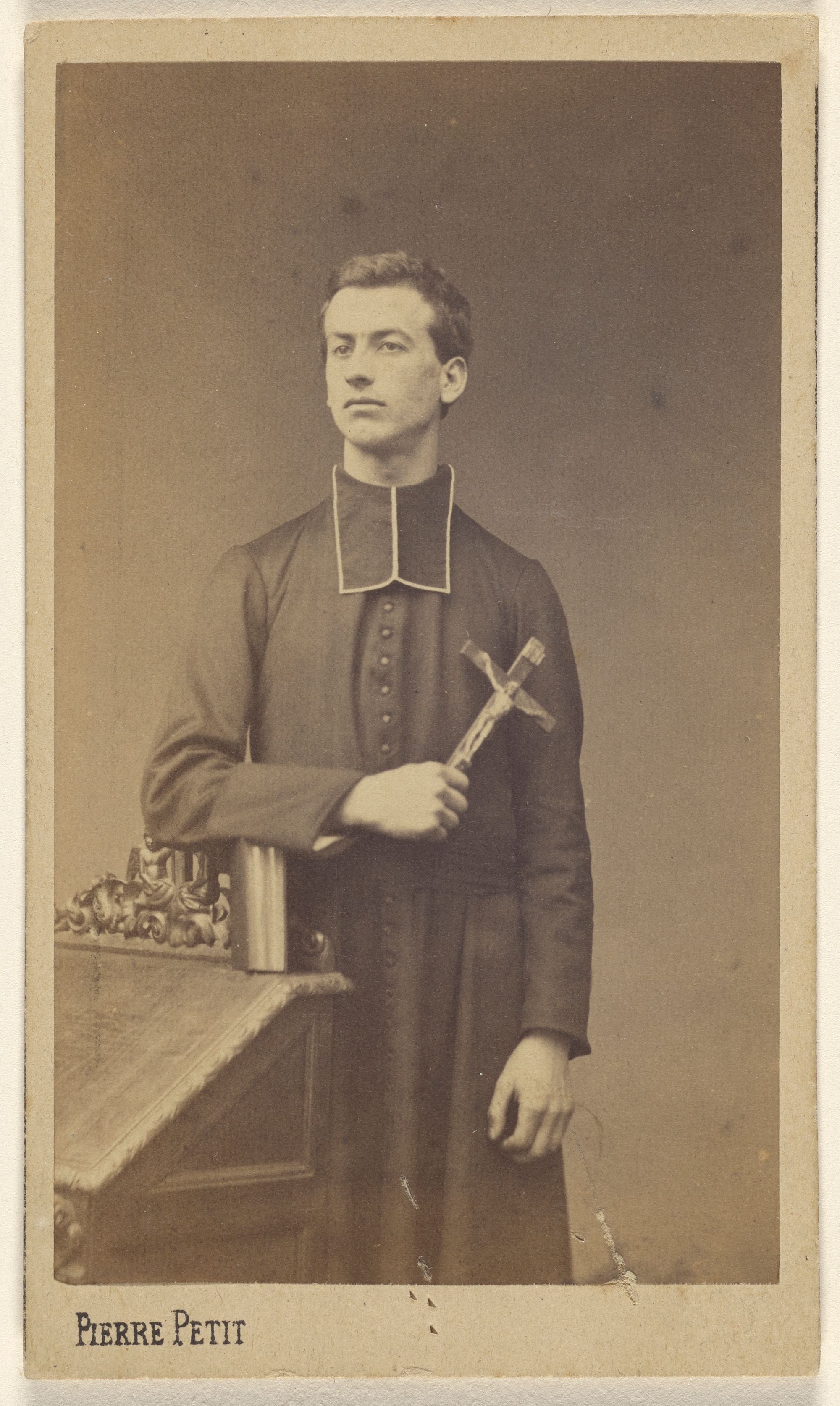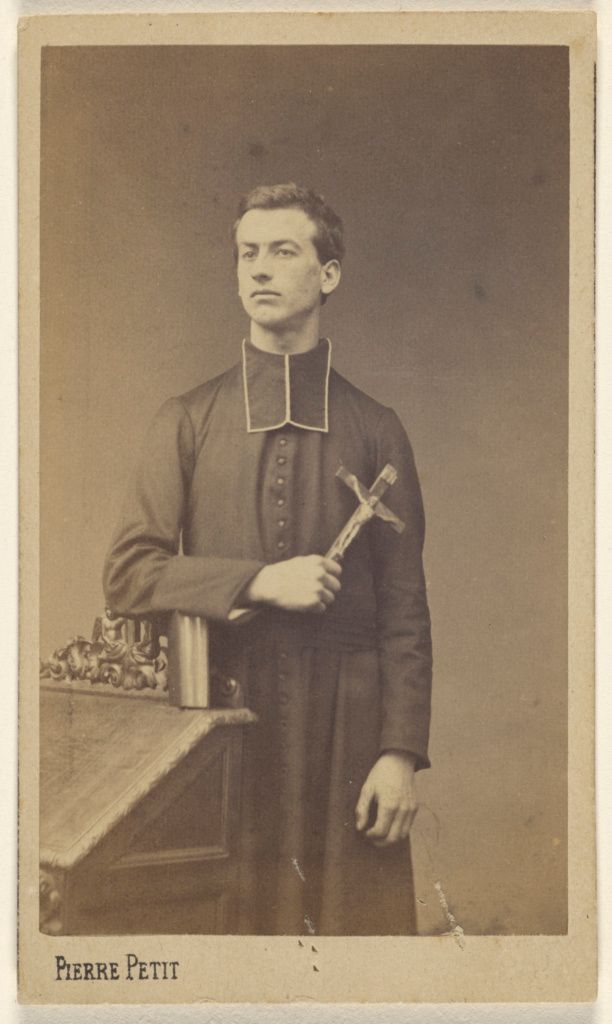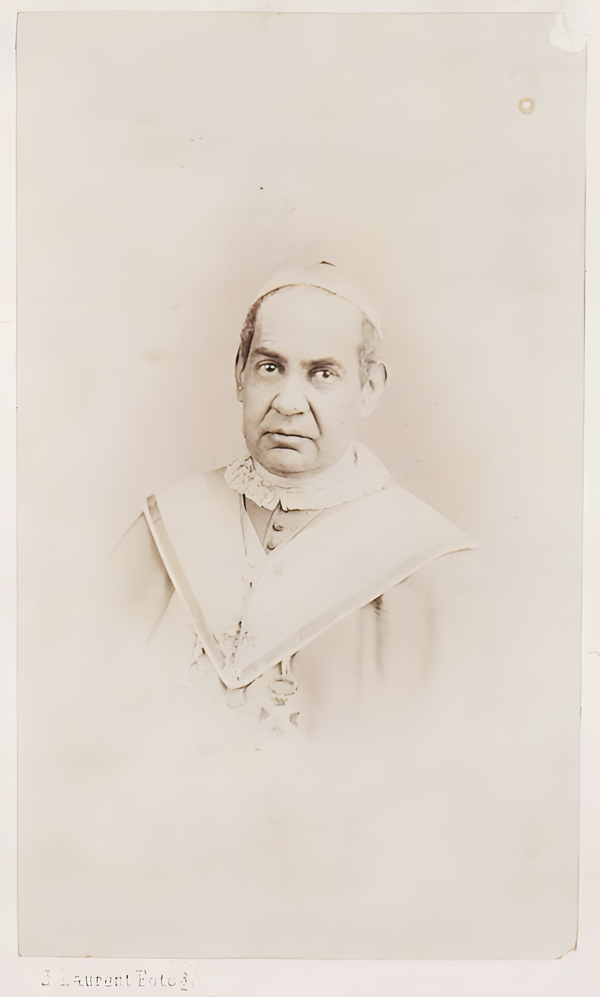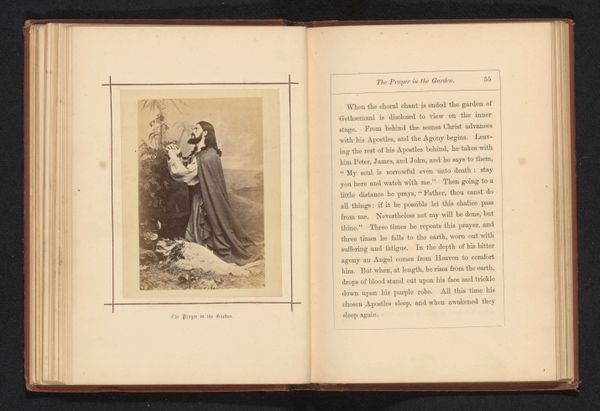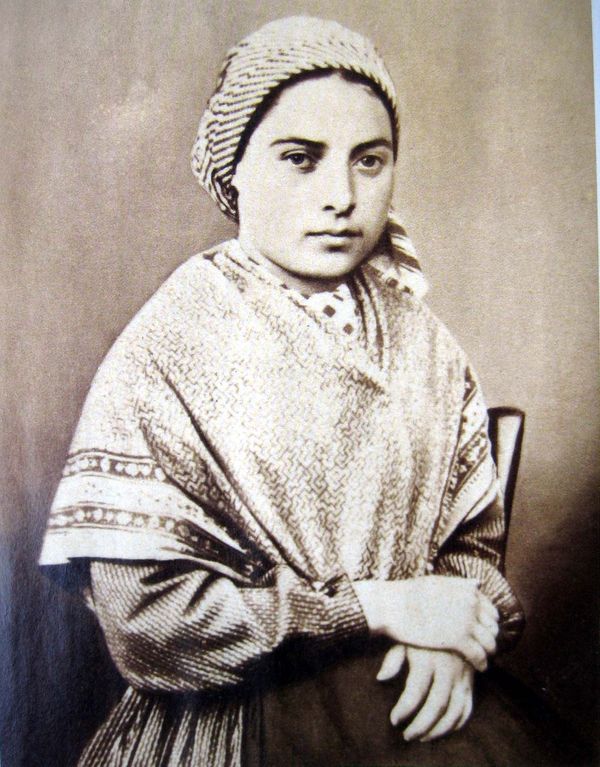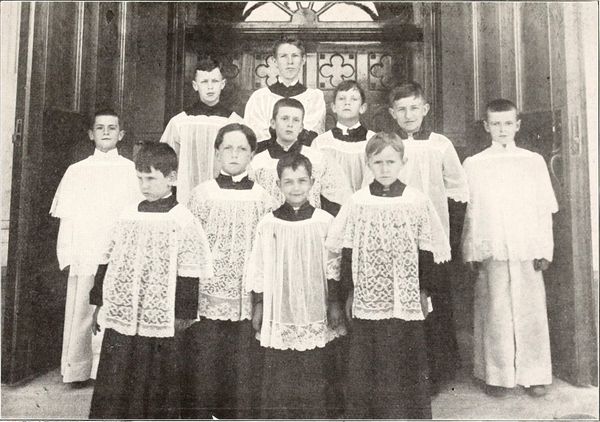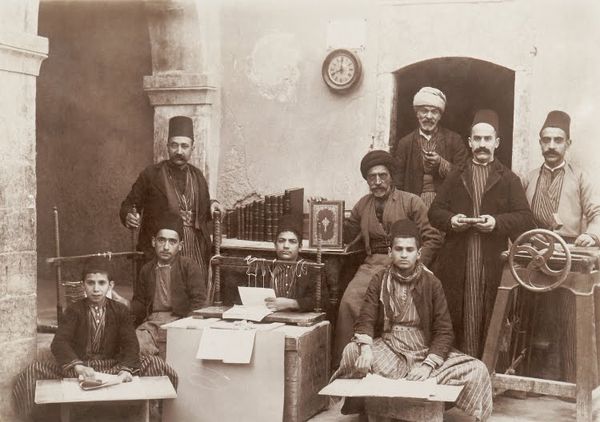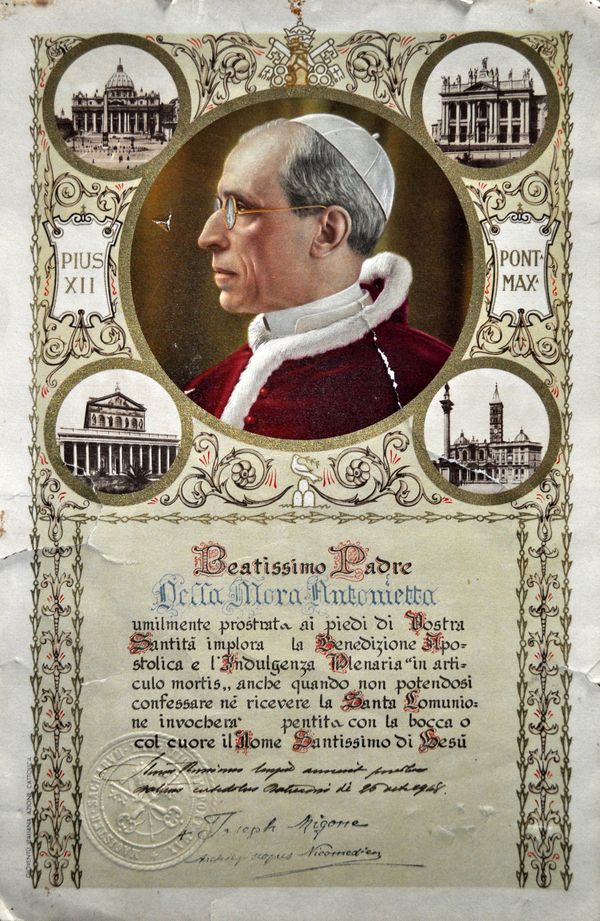Throughout the lifetime of the Third Republic (1870–1940), there were battles over the status of the Catholic Church in France among the republicans, monarchists and the authoritarians (such as the Napoleonists). The French clergy and bishops were closely associated with the monarchists and many of its hierarchy were from noble families. Republicans were based in the anti-clerical middle class, who saw the Church's alliance with the monarchists as a political threat to republicanism, and a threat to the modern spirit of progress. The republicans detested the Church for its political and class affiliations; for them, the Church represented the Ancien Régime, a time in French history most republicans hoped was long behind them. The republicans were strengthened by Protestant and Jewish support. Numerous laws were passed to weaken the Catholic Church. In 1879, priests were excluded from the administrative committees of hospitals and boards of charity; in 1880, new measures were directed against the religious congregations; from 1880 to 1890 came the substitution of lay women for nuns in many hospitals; in 1882, the Ferry school laws were passed. Napoleon's Concordat of 1801 continued in operation, but in 1881, the government cut off salaries to priests it disliked.
Free Downloads Below
Hi-Res
1200px
800px
